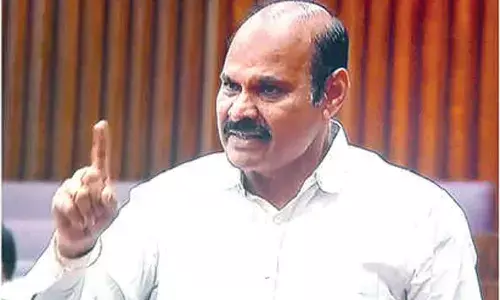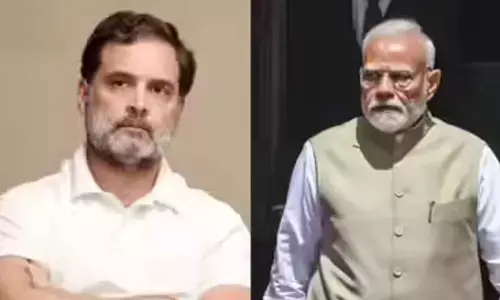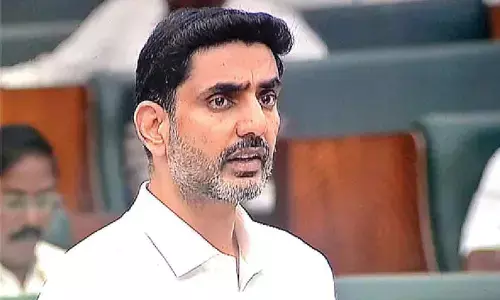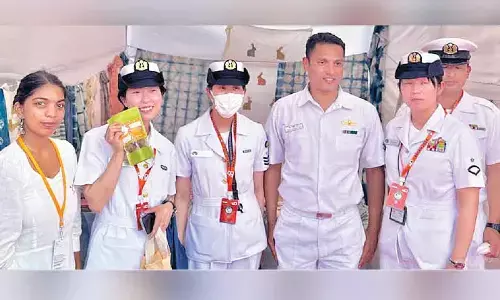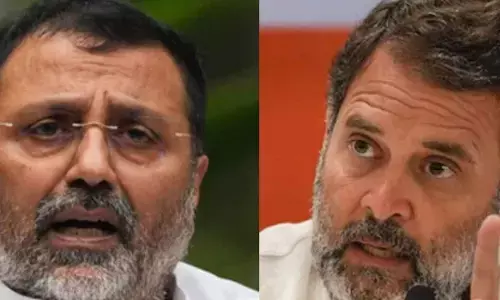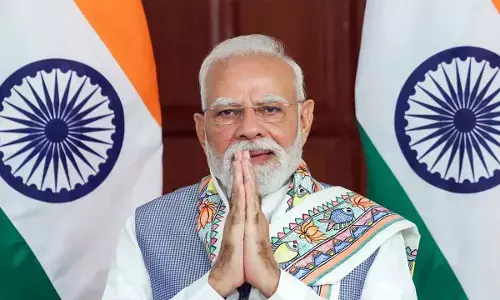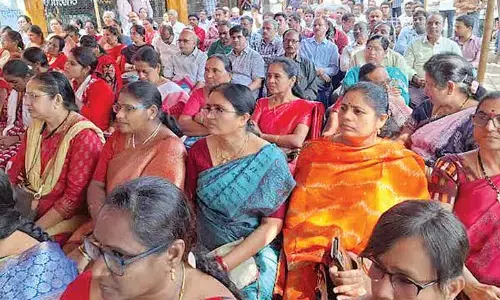Bengaluru: No takers for RTE seats in State schools
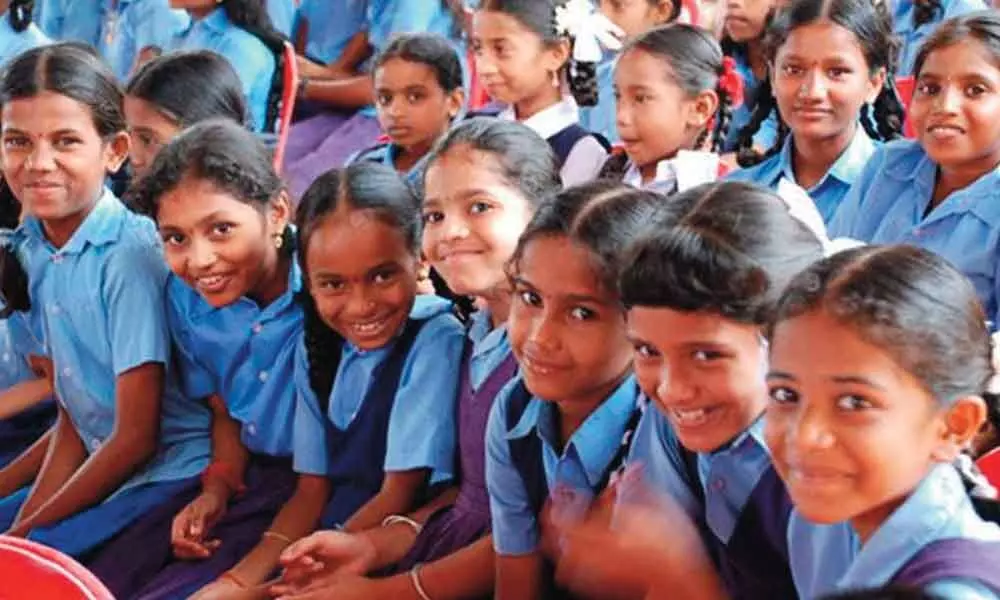
No takers for RTE seats in State schools
Only 21 per cent of the seats are filled; 13,000 seats remain vacant
Bengaluru: As there is a general perception from the public that seats under the Right To Education (RTE) quota are 'hijacked' by private managements, statistics portray a different picture that demand for seats under RTE quota in Karnataka has come down. According to reports, in 2020-21 academic year, the Department of Public Education says thousands of seats reserved for disadvantaged groups in Karnataka remain vacant.
As per the reports, the Department of Public Education invited applications for RTE for the year 2020-21 with 17,453 seats available. In the first round, 5,912 and in the second round 1,441 seats were selected through a seat allotment system. Of these, only 3,089 were admitted in the first round and 591 in the second round. A total of 13,773 seats remain vacant. The department has now claimed that there is no need to conduct a third term as 79 percent of the seats remain vacant even after the two process of seat allotment.
Since last year, the government has announced that new RTE seats will be offered only in private schools where there are no government schools. "It is all because of the high expectation from parents, most parents have preferences like medium of instruction, infrastructure, teaching staff and the distance of the school from their home.
They don't apply in schools that don't meet their requirements. Also parents want their children to be in another English medium school which is now out of bound under the quota, though they are eligible for a seat in a government school in the locality," says a senior official from the department.
The government has amended Rule 4 of the RTE Act, saying "no unaided schools shall be identified for the purpose of admission of children from disadvantaged groups or weaker sections, where there are government schools and unaided schools within the neighbourhood".
The RTE Act defines neighbourhood as an area within 1 km for children seeking admission to Classes 1-5 and 3 km for Classes 6-8. Also, a revenue village is considered a neighbourhood in rural areas, while a ward is considered as the neighbourhood in municipal corporation as well as BBMP limits. In urban areas, other than municipal corporations, however, the entire urban local body is considered a neighbourhood.
The report says, in 2015-16, the department received 3.89 lakh applications for 1.11 lakh seats, 11,000 seats remained vacant including government aided and private schools. The figures increased over the next two years, with 17,246 of the 1,15,237 seats going unfilled in 2016-17 and 19,647 of 1,28,648 being vacant in 2017-18.
This also changed the numbers in applications filed as 3.89 lakh in 2015-16, 2.74 lakh in 2016-17 and 2.1 lakh in 2017-18. Students admitted through RTE will be reimbursed by the State government. Overall, 6,47,878 students are studying under RTE, while the government pays Rs 1,390.23 crore for private schools.


